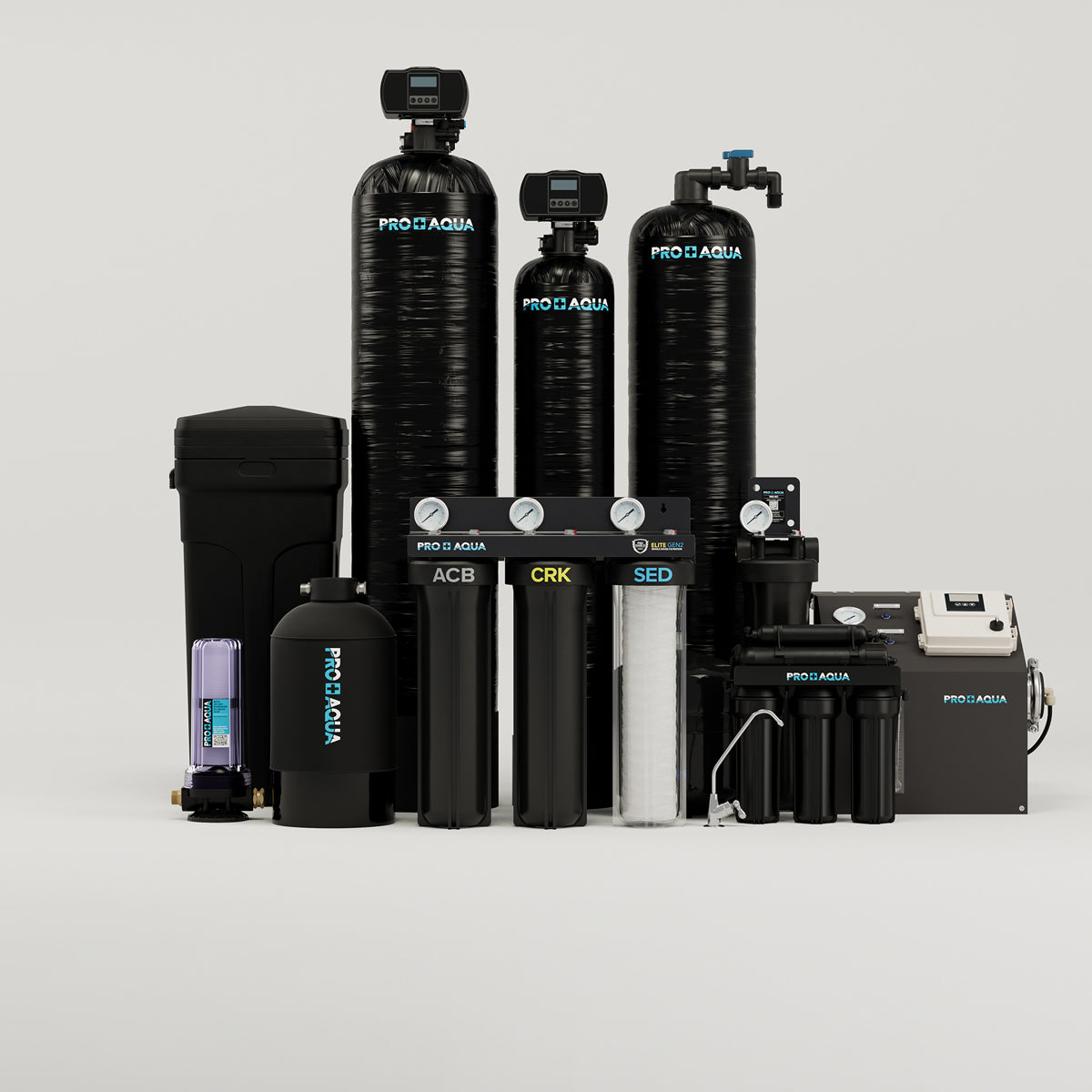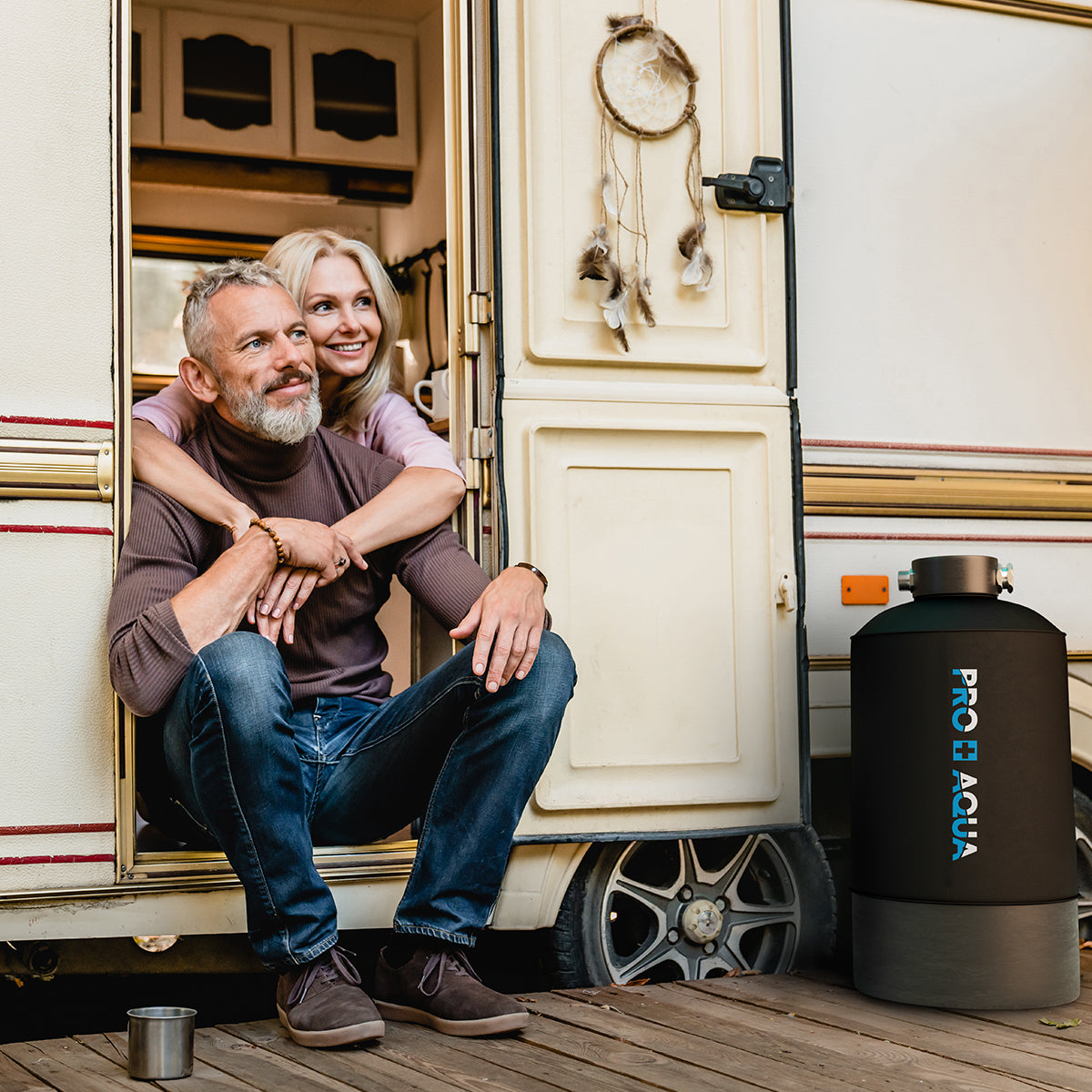TL;DR
- San Jose’s tap water is generally safe, meeting all state and federal standards, but occasional hardness and by-products like THMs exist.
- Home filtration adds extra protection and taste improvement—especially if you want to reduce hardness or residuals.
- Stay informed via San Jose Water’s reports, subscribe to alerts, and flush taps or filter monthly for best water quality.
San Jose residents trust their tap, but understanding water quality protects health, appliances, and peace of mind. Mineral scaling can shorten appliance lifespan. Taste or odor issues may prompt costly bottled water use. Knowing both what’s in your water and how to manage it empowers smarter decisions.
This guide gives you clear insight into San Jose’s water quality in 2025, and practical advice for ensuring the best water for your home.
Role of Climate and Water Projects
Drought is a semi-regular challenge in California. San Jose relies on diverse sources and conservation projects to maintain supply and quality even under stress.
Overview of San Jose Water Sources
Surface Water
Typically from the Sierra Nevada (via Hetch Hetchy and other reservoirs). Treated at regional plants.
Groundwater
Local wells tap into alluvial aquifers: high in calcium and magnesium, contributing to hardness.

San Jose Tap Water Quality
Treatment Processes
- Coagulation & Filtration: Removes particulates and turbidity.
- Chlorination: Ensures disinfection residual throughout the system.
- Fluoridation: Maintains optimal fluoride levels per public-health guidelines.
Quality Standards & Monitoring
San Jose meets EPA Safe Drinking Water Act requirements and state mandates. The city publishes an annual “Water Quality Report” with contaminant levels and compliance status.
Typical Contaminants & Levels
|
Contaminant |
Common Range/Note |
|
Chlorine residuals |
Low mg/L, just enough to maintain safety |
|
Hardness |
Moderate–high (typical for Bay Area inland) |
|
By-products (THMs) |
Present at trace levels, within allowed limit |
None exceed health-based limits. Taste issues often come from hardness or chlorine, not harmful contaminants.
Safety for Daily Use
- Drinking & Cooking: Tap water is safe and regulated.
- Bathing & Cleaning: Hardness may leave soap scum or dry skin, but poses no health risk.
San Jose Drinking Water Quality: Tap vs. Bottled
Many turn to bottled water for taste or perception, but:
- FDA regulates bottled water, a different scope than EPA.
- Bottled water may be just filtered tap at higher cost.
- Home filters offer convenience, lower environmental impact, and equivalent safety.
Filtered Water Systems
|
System Type |
Best For |
|
Carbon |
Chlorine taste, odor removal |
|
Reverse Osmosis (RO) |
Removes fluoride, hardness, THMs |
|
Three-Stage |
Reduces sediments, chlorine, protects plumbing |
- Whole-House Option: The PRO-100-E 3-Stage Filtration System gives you cleaner, softer water from every tap.
- Under-Sink RO: The PRO+AQUA 100 GPD RO System removes a broad range of contaminants and is great for drinking and cooking.
Consumer Confidence & Perception
Surveys show many Bay Area residents trust tap water safety but find hardness bothersome.
Water Quality Issues in San Jose
Hardness & Scaling
High in minerals—leads to scale in kettles, dryers. Water softeners or whole-house filters can mitigate these effects.
Contaminants of Concern
- Arsenic, lead, nitrates: Monitored and kept below thresholds.
- Emerging threats: Low-level PFAS or microplastics are being studied; current levels in San Jose remain unconfirmed but likely minimal.
Aging Infrastructure
Some older neighborhoods may have legacy pipes that can leach lead. Flushing taps and waiting 30 seconds after long inactive periods helps reduce exposure.
Drought & Climate Stress
Variable rainfall increases reliance on groundwater recharge and conservation, which is part of the city’s resilience planning.

Public Health Implications
Vulnerable groups (like children, the elderly, and the immune-compromised) benefit most from consistent, clean water. While San Jose hasn’t issued boil-water advisories recently, staying subscribed to alerts ensures you’re informed of any temporary issues.
Mitigation & Improvement Efforts
Municipal Actions
- Regular infrastructure upgrades to pipes and treatment plants.
- Real-time quality dashboards and annual reports available to residents.
State & Federal Programs
California Safe Drinking Water Program and EPA grants support monitoring, upgrades, and emerging-contaminant research.
Community Involvement
Residents can report odor or color issues, participate in open-house workshops, or join advisory committees to stay engaged.
Practical Advice for Residents
Simple Home Practices
- Run cold water for 30 sec before drinking if pipes stagnate.
- Replace filters as recommended (usually every 6–12 months).
Choosing a Filter or Bottled Water
Refer to the above table. If you need to reduce hardness, choose a whole-house filter. For drinking water purity, an RO system works best. Bottled water is unnecessary for most and costly.
Stay Informed
Check the San Jose Water website for the latest Water Quality Report, sign up for alert notifications, and refer to California’s water tracking portals for statewide updates.
San Jose Water FAQs
Q: Is San Jose tap water safe to drink?
A: Yes. San Jose tap water meets all EPA and California safety standards, however, some residents prefer the taste of filtered water.
Q: How hard is San Jose water, and does it affect appliances?
A: San Jose water is moderately to highly in calcium and magnesium. Softener systems help reduce hardness damage.
Q: Do I need a home filtration system for San Jose water?
A: While not essential for safety, filters improve taste, reduce residual chlorine, and remove targeted contaminants.
Q: What’s the difference between bottled and tap water standards?
A: Tap water is regulated by the EPA; bottled water falls under FDA rules. Tap water often goes through more frequent and rigorous testing.
Q: How often should I replace my water filter?
A: Most filters need replacement every 6–12 months. Follow manufacturer guidance to ensure ongoing effectiveness
Conclusion
San Jose’s tap water continues to be safe, well-regulated, and generally reliable. Minor nuisance factors like hardness or trace by-products are manageable through simple home filtration systems.
Stay informed, maintain your plumbing and filters, and enjoy clean water that’s both safe and cost-effective.









Leave a comment
This site is protected by hCaptcha and the hCaptcha Privacy Policy and Terms of Service apply.